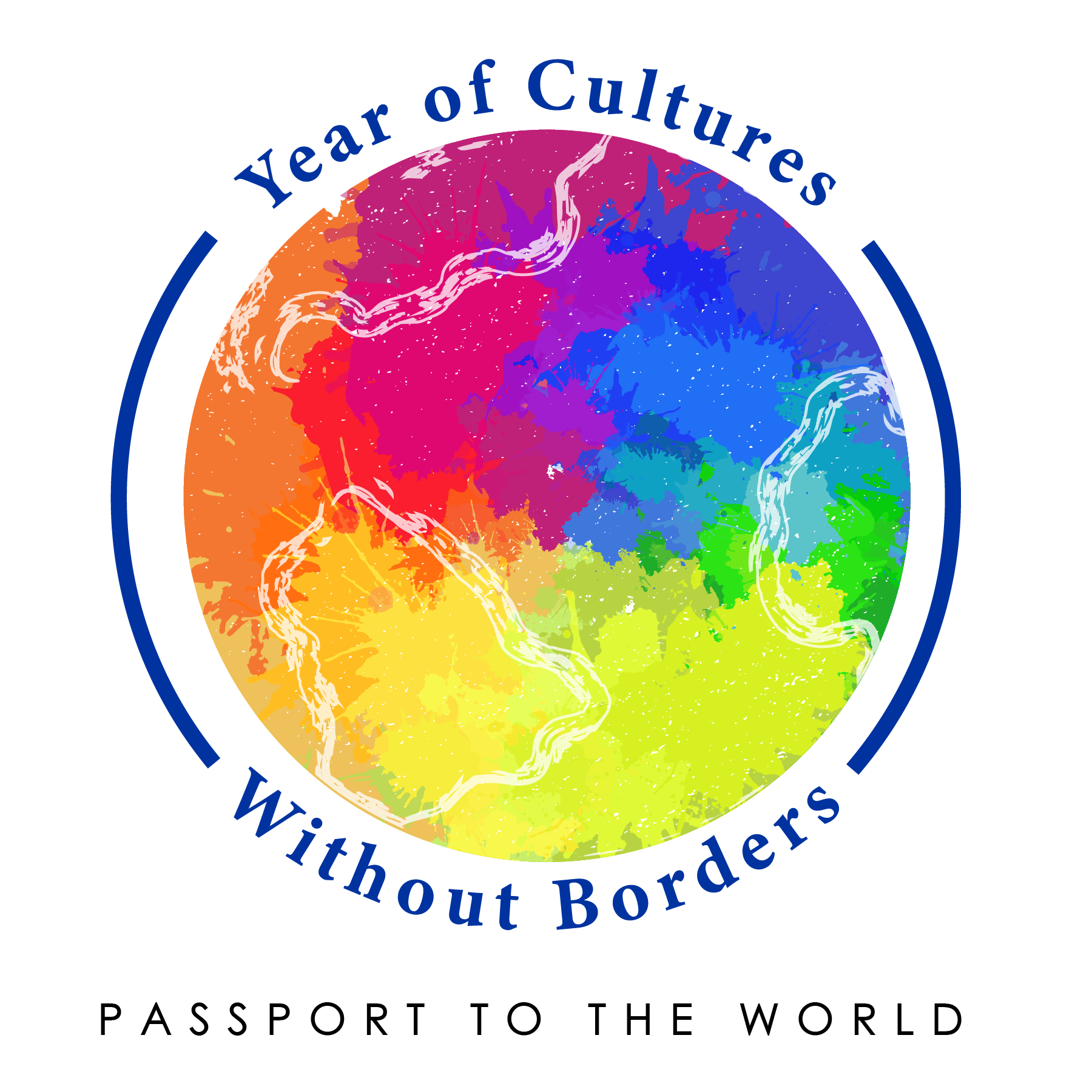Date:
Location:
ONLINE - See registration link in description
Speaker(s) / Presenter(s):
Laura Yares and Sharon Avni
The Facebook Group “Shtisel - Let’s Talk About it” was founded in 2019 by three women in Detroit, MI to discuss their mutual interest in a new Israeli television show recently added to Netflix. As of August 2021, the group has over 33,000 followers. Members use the group to post questions and insights about a broad range of topics related to the television show, including the Hebrew and Yiddish languages, the practices of ultra-Orthodox Jews, and life in contemporary Israel. Drawing on surveys, ethnographic interviews, linguistic analysis of social media postings, and audio diaries of members as they watch the show recorded via a specially created app, this talk explores how members of the group learn about Judaism from watching and discussing Shtisel. It highlights the capacity of digital media tools like television and social media to create opportunities for a broad range of participants to engage in collective Jewish conversations forged across religious, cultural and international boundaries, and performed through social media.
Bios:
Laura Yares is Assistant Professor in the Department of Religious Studies at Michigan State University. Her work explores Jewish education as a site for understanding the ways that Jews have constructed and continue to construct understandings of self, community and other. Her current research includes a book project exploring the growth of Jewish Sunday Schools in 19th century America a contemporary ethnographic study analyzing Jewish learning in cultural arts spaces.
Sharon Avni is Professor of Academic Literacy and Linguistics at BMCC at the City University of New York (CUNY). She is the co-author of Hebrew Infusion: Language and Community and American Jewish Summer Camps, and is a research affiliate at the Jack, Joseph and Morton Mandel Center for Studies in Jewish Education at Brandeis. Her current work includes modern day Hebraists in the United States.


